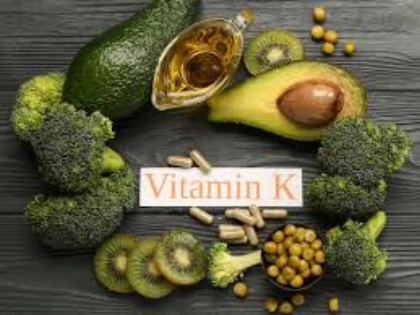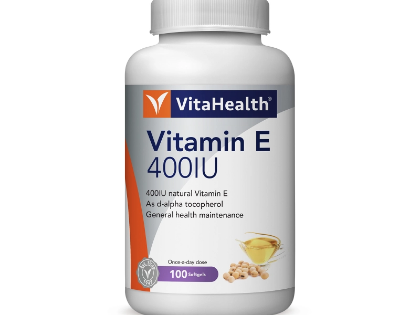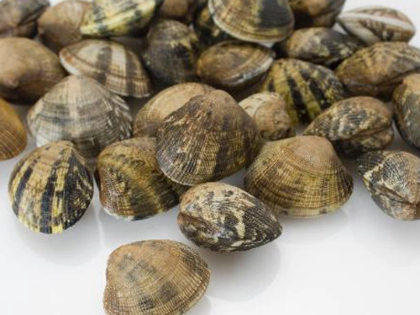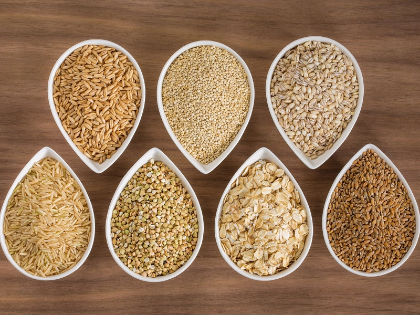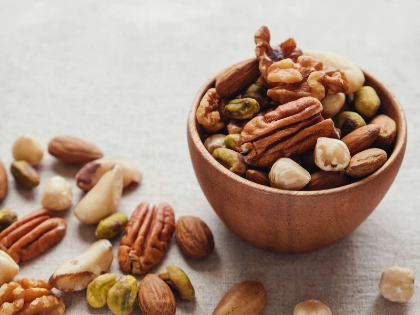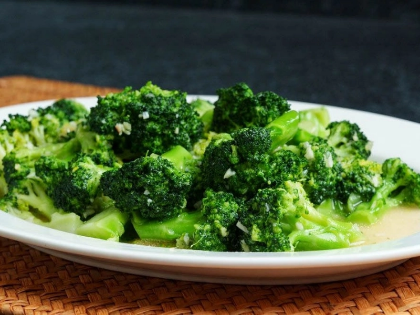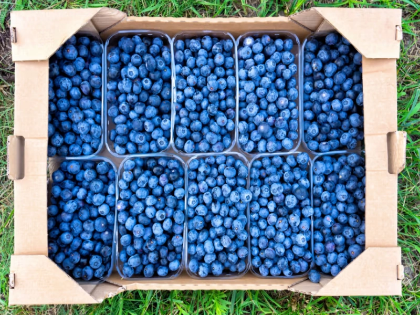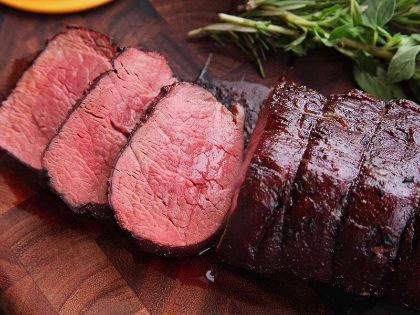How Grapefruit Can Support Your Workout Recovery
1. Grapefruit's Nutritional Value One citrus fruit with great taste and lots of health advantages is grapefruit. Packed with vitamins A and C, it also offers necessary minerals, including magnesium and potassium. Although they are quite important for general health, these nutrients especially help those who lead frequent physical exercise. Grapefruit's low calorie count makes it a great choice for people trying to either gain or lose weight; its high water content helps with hydration. Appreciating grapefruit's contribution to exercise recovery depends on knowing its nutritional profile.
2. electrolyte balance and hydration Perfect workout recovery depends on hydration; hence, grapefruit, with its high water content, can be a great source of it. Replacing fluids is crucial after a strenuous exercise to avoid dehydration, which could cause muscle cramps and tiredness. Furthermore, included in grapefruit is potassium, a crucial element that balances body fluid. Grapefruit taken after exercise can help to restore electrolyte balance and hydration levels, ensuring that your body recovers well.
3. Antioxidative Characteristics Grapefruit's high antioxidant concentration—especially that of vitamin C and flavonoids—is one of its most remarkable qualities. Antioxidants fight oxidative damage brought on by vigorous activity, which could cause muscular tiredness and delayed recovery. Grapefruit's antioxidants help to neutralise free radicals, therefore lowering inflammation and encouraging quicker muscular repair. Including grapefruit in your post-workout regimen might improve general recovery and help counteract the negative effects of exercise.

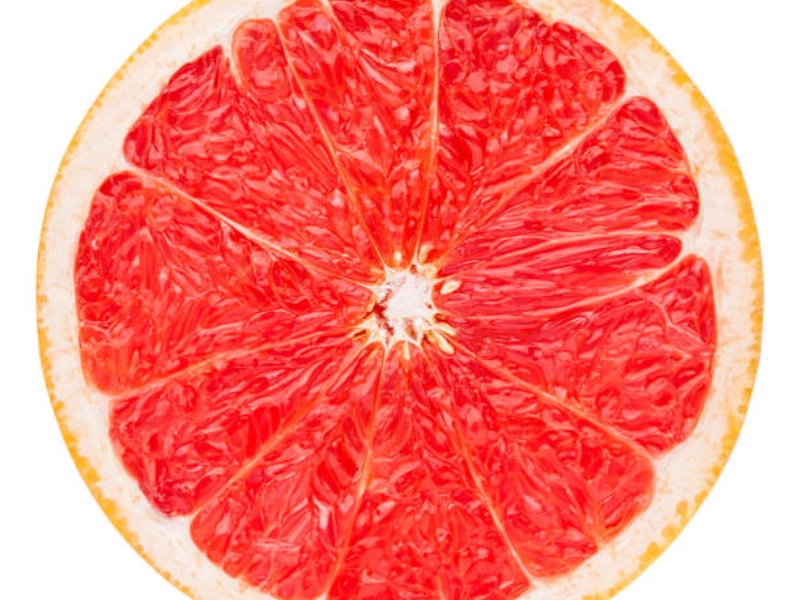 5. Calming Inflammation Long-term health problems and hindrances to recovery might result from chronic inflammation. For athletes and fitness buffs, grapefruit's anti-inflammatory qualities could be helpful. Lycopene and beta-carotene, among other compounds contained in grapefruit, have been demonstrated to help lower body inflammatory indicators. Including grapefruit in your diet might help you feel less pain and return to peak performance levels faster following exercise.
5. Calming Inflammation Long-term health problems and hindrances to recovery might result from chronic inflammation. For athletes and fitness buffs, grapefruit's anti-inflammatory qualities could be helpful. Lycopene and beta-carotene, among other compounds contained in grapefruit, have been demonstrated to help lower body inflammatory indicators. Including grapefruit in your diet might help you feel less pain and return to peak performance levels faster following exercise.
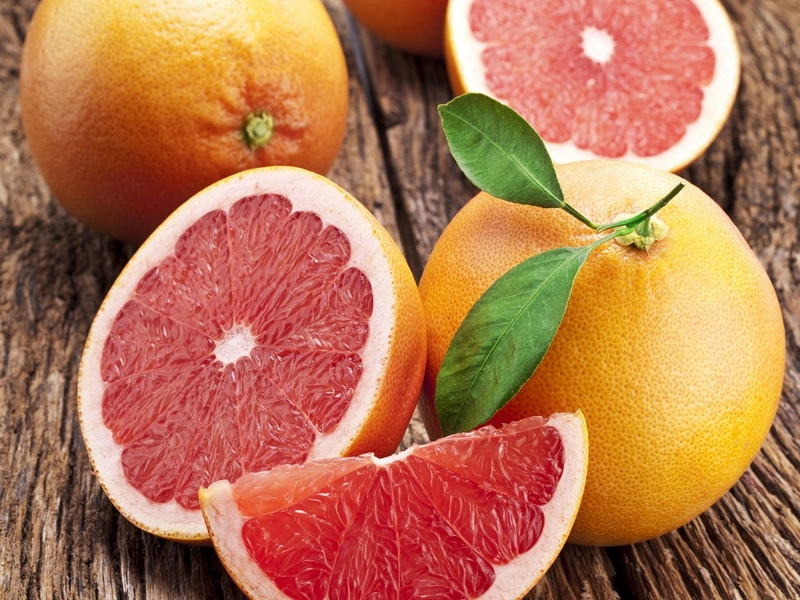 6.Support for Weight Management Grapefruit can be a good friend for individuals trying to either gain or reduce weight. Its low calorie count mixed with high water and fibre content might induce satiety, therefore extending your sense of fullness. This is especially helpful following exercise when you could be tempted to indulge in high-calorie snacks. Including grapefruit in your post-workout snacks or meals will provide a filling and nutrient-dense alternative supporting your fitness objectives without adding too many calories.
7. Creative Approaches to Savour Grapefruit Grapefruit is a simple and flexible addition to your diet. You might enjoy it fresh, toss it into smoothies, or top yoghurt or muesli. Another choice is grapefruit juice; however, it's best to go for fresh-squeezed kinds free of added sugars. Think about creating a grapefruit salad with mixed greens, avocado, and a light vinaigrette for a cool post-workout treat. There are several opportunities to experience the advantages of grapefruit in a way that meets your taste palette.
8. Possible interactions and thoughtfulness Even if grapefruit has several health advantages, one should be mindful of possible interactions with some drugs. Many medications' metabolism can be changed by grapefruit, which might either improve or decrease their efficacy or negative effects. If you take medication, it's best to see a doctor before greatly boosting your grapefruit consumption. This guarantees that you can take advantage of grapefruit without sacrificing your treatment plan or health.
9.Synopsis With its hydrating qualities, antioxidant concentration, and anti-inflammatory action, grapefruit is a nutrient-dense fruit that can greatly aid in recovery from exercise. Including grapefruit into your post-workout regimen will help you preserve electrolyte balance, improve general health, and aid in muscle healing. Its adaptability makes it simple to incorporate into different meals and snacks, offering a great approach to help in recovery. While savouring the cool taste of this citrus fruit, including grapefruit as part of a balanced diet will help you reach your exercise targets.
6.Support for Weight Management Grapefruit can be a good friend for individuals trying to either gain or reduce weight. Its low calorie count mixed with high water and fibre content might induce satiety, therefore extending your sense of fullness. This is especially helpful following exercise when you could be tempted to indulge in high-calorie snacks. Including grapefruit in your post-workout snacks or meals will provide a filling and nutrient-dense alternative supporting your fitness objectives without adding too many calories.
7. Creative Approaches to Savour Grapefruit Grapefruit is a simple and flexible addition to your diet. You might enjoy it fresh, toss it into smoothies, or top yoghurt or muesli. Another choice is grapefruit juice; however, it's best to go for fresh-squeezed kinds free of added sugars. Think about creating a grapefruit salad with mixed greens, avocado, and a light vinaigrette for a cool post-workout treat. There are several opportunities to experience the advantages of grapefruit in a way that meets your taste palette.
8. Possible interactions and thoughtfulness Even if grapefruit has several health advantages, one should be mindful of possible interactions with some drugs. Many medications' metabolism can be changed by grapefruit, which might either improve or decrease their efficacy or negative effects. If you take medication, it's best to see a doctor before greatly boosting your grapefruit consumption. This guarantees that you can take advantage of grapefruit without sacrificing your treatment plan or health.
9.Synopsis With its hydrating qualities, antioxidant concentration, and anti-inflammatory action, grapefruit is a nutrient-dense fruit that can greatly aid in recovery from exercise. Including grapefruit into your post-workout regimen will help you preserve electrolyte balance, improve general health, and aid in muscle healing. Its adaptability makes it simple to incorporate into different meals and snacks, offering a great approach to help in recovery. While savouring the cool taste of this citrus fruit, including grapefruit as part of a balanced diet will help you reach your exercise targets.
